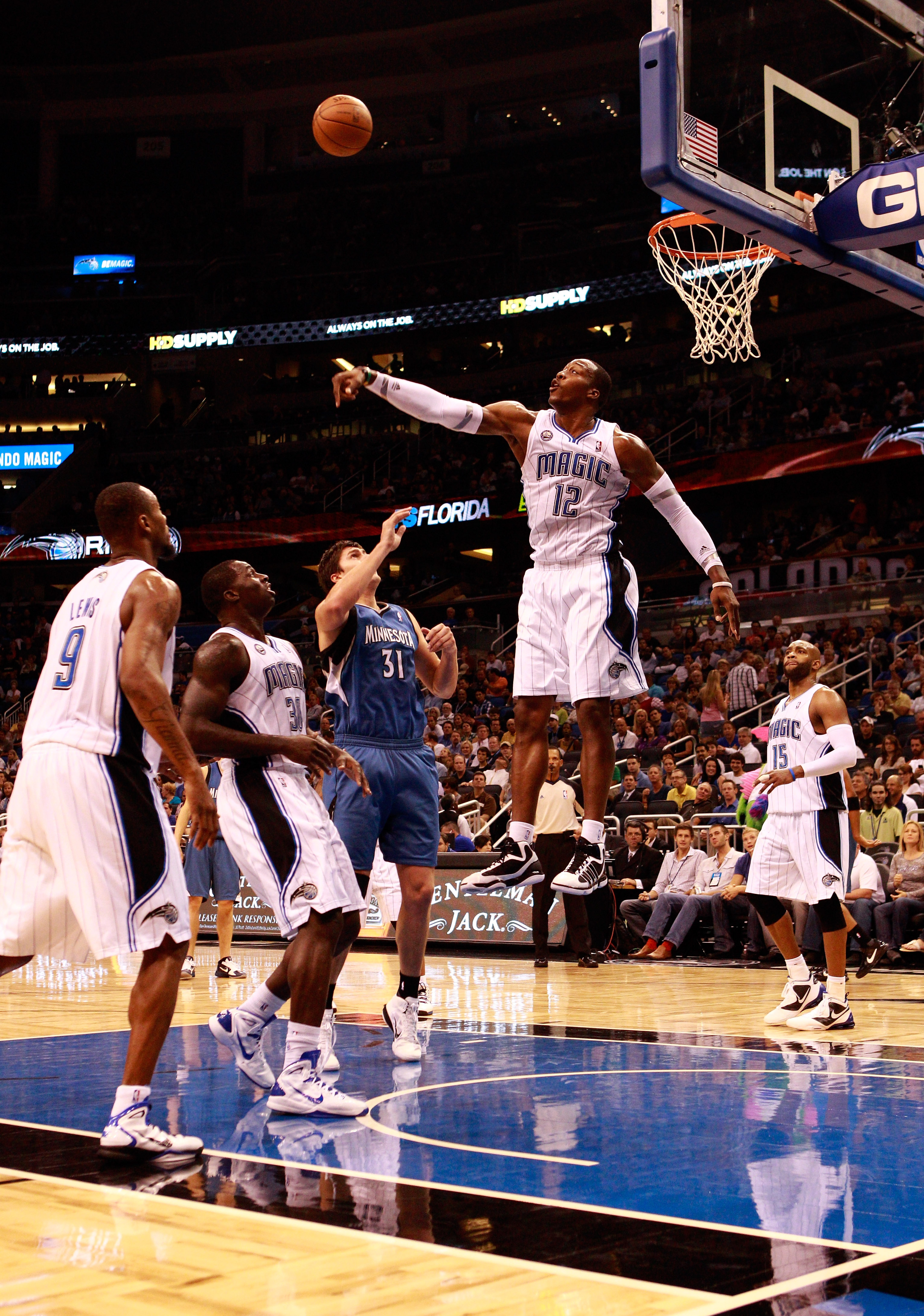Thinking more about that Dwight/Jimmy/Draymond trio.
Dwight: Best peak
and most minutes played by a substantial margin (even if I cut away a few seasons as irrelevant). Is retired, and in most cases here I would rather show some amount of deference to retired players just to minimise recency bias and the influence of people in the next project going, “Well he was at this spot last time and added three good years!”
Jimmy: I like him the most as my franchise
leader, and I want to highlight that because Dwight does not seem like a reliable figure there and Draymond’s leadership thus far has felt entwined with his environment. (I do not hold 2020 against him the way many do, but it did end various hypotheticals about how he would do in an explicitly negative team environment.)
Draymond: So in a vacuum I do probably take him third here, and I want to be upfront about that. Least time played, and success most tied to a certain team setup.
…
But I have also been upfront that “in a vacuum” quality is only a portion of my votes in this project. Part of that is to give the older players a bit of a break (thirteen years of Bill Russell entering the league in 2010 is probably not finishing #2 on my list), but in that principle is that I want this list to represent something of the story of the league, and what drives much of that story is success. It is why I started off backing Cowens over Lanier despite my personal preferences and assessments, why I understood Drexler over Pierce, why I thought McHale was a fine pick in this range despite not showing much without Larry Bird, why I think Isiah and Hayes should be in the conversation around now… And Draymond has by a wide margin been the most successful of this candidate trio.
Now, there is an obvious rejoinder to that statement even if we ignore all the usual “in a vacuum” hypotheticals, but here is where I start thinking of #39 Manu (still much too high for me, although I understand the approach). So as an exercise, what if we go on pbpstats and lazily pretend that Draymond and Curry were doing some 2018 Paul/Harden staggering, and also that we do not need to make any other adjustments for lineups?
2013-23 Postseason Warriors:Steph + Draymond = +9.61 (4220 minutes)
No Steph, no Draymond = -9.91 (966 minutes)
Nice synergy. And when we split them?
Obvious caveats aside from lineup issues are sample size, “Durant”, and round relevance (Doc’s favourite). All fair, although in this comparison I see the latter as irrelevant given that Dwight and Jimmy never led their teams to Finals success either, and the former matters less to me because I see Draymond as a playoff riser (both individually and contextually) whom I have already acknowledged has low value on weak teams. So what if we just take out Durant entirely?
2013-23 Postseason Warriors (no Durant)Steph + Draymond = +7.32 (3092 minutes)
Steph - Draymond = +0.7 (1106 minutes)
Draymond - Steph = +7.48 (907 minutes)
Bringing us back to the true comparison part of this exercise:
2008-12 Postseason Magic + 2014/15 Postseason Rockets (i.e. me being as nice to Dwight as reasonably possible)
Dwight on = +2 (2885 minutes)
Dwight off = +0.4 (1091 minutes)
2015-23 Postseason JimmyOn = +1.6 (3800 minutes)
Off = -2.9 (1078 minutes)
Again, limited use because none of these lineup circumstances (teammates, benches, opponents, shooting luck, etc.) are standardised. This is not meant to be an argument for anything beyond, “Hey, maybe there are some suggestions that just running Draymond with a co-star scorer like Klay can give you decent results.” But I think it is interesting food for thought how Draymond without Curry or Durant has managed a postseason on-court rating on par with the best single runs of Howard (2010) or Butler (2022), while Steph without Draymond has an on-court rating on par with some of the more criticised results of those two.

/cdn.vox-cdn.com/uploads/chorus_image/image/69362242/1233176799.0.jpg)
/cdn.vox-cdn.com/uploads/chorus_image/image/54441341/usa_today_10030059.0.jpg)















 . Big bad Ben. He was a terrific Defensive player, with basically 0 offensive impact. He’s in the discussion as a top 5 defensive player of all time, so just by that he should be considered. Mutombo had more longevity, but I like Wallace’s peak more.
. Big bad Ben. He was a terrific Defensive player, with basically 0 offensive impact. He’s in the discussion as a top 5 defensive player of all time, so just by that he should be considered. Mutombo had more longevity, but I like Wallace’s peak more.





